It's all about the classical music composers and their works from the last 400 years and much more about music. Hier erfahren Sie alles über die klassischen Komponisten und ihre Meisterwerke der letzten vierhundert Jahre und vieles mehr über Klassische Musik.
Total Pageviews
Tuesday, July 9, 2024
Five SHOCKING performances by Martha Argerich
(Everything I Do) I Do It For You - Bryan Adams (Boyce Avenue)
TOP 10 | BEST Movie SOUNDTRACKS Of All Time | DISNEY - Wendy Kokkelkoren
Monday, July 8, 2024
Rachmaninoff: Piano Concerto No. 3 | Khatia Buniatishvili,
Leonard Cohen - Dance Me to the End of Love (Official Video)
Sunday, July 7, 2024
Loreena McKennitt " Tango to Evora "
 / geminnax
Author Loreena McKennitt http://en.wikipedia.org/wiki/Loreena_...
Composition Tango to Evora.http://www.amazon.com/Tango-Evora-Lor...
http://www.artistdirect.com/nad/windo...
Album: The Visit
Released: 1991
I am your shadow.You are my rain.I am your madness.You are my tears.I am your sadness.You are my dreams.I am you.You are me.We are One.FOREVER & AFTER.
/ geminnax
Author Loreena McKennitt http://en.wikipedia.org/wiki/Loreena_...
Composition Tango to Evora.http://www.amazon.com/Tango-Evora-Lor...
http://www.artistdirect.com/nad/windo...
Album: The Visit
Released: 1991
I am your shadow.You are my rain.I am your madness.You are my tears.I am your sadness.You are my dreams.I am you.You are me.We are One.FOREVER & AFTER.Shania Twain performing "From This Moment On" at 2024 Glastonbury Festival
Kristin Chenoweth - Maybe This Time
Saturday, July 6, 2024
LADY MARMALADE - Christina Aguilera, Lil’ Kim, Mya, P!nk
Friday, July 5, 2024
Mariah Carey - Emotions (Live Mix)
Music 1 songs
What Happened to Bach’s Twenty Children?
By Emily E. Hogstadt, Interlude
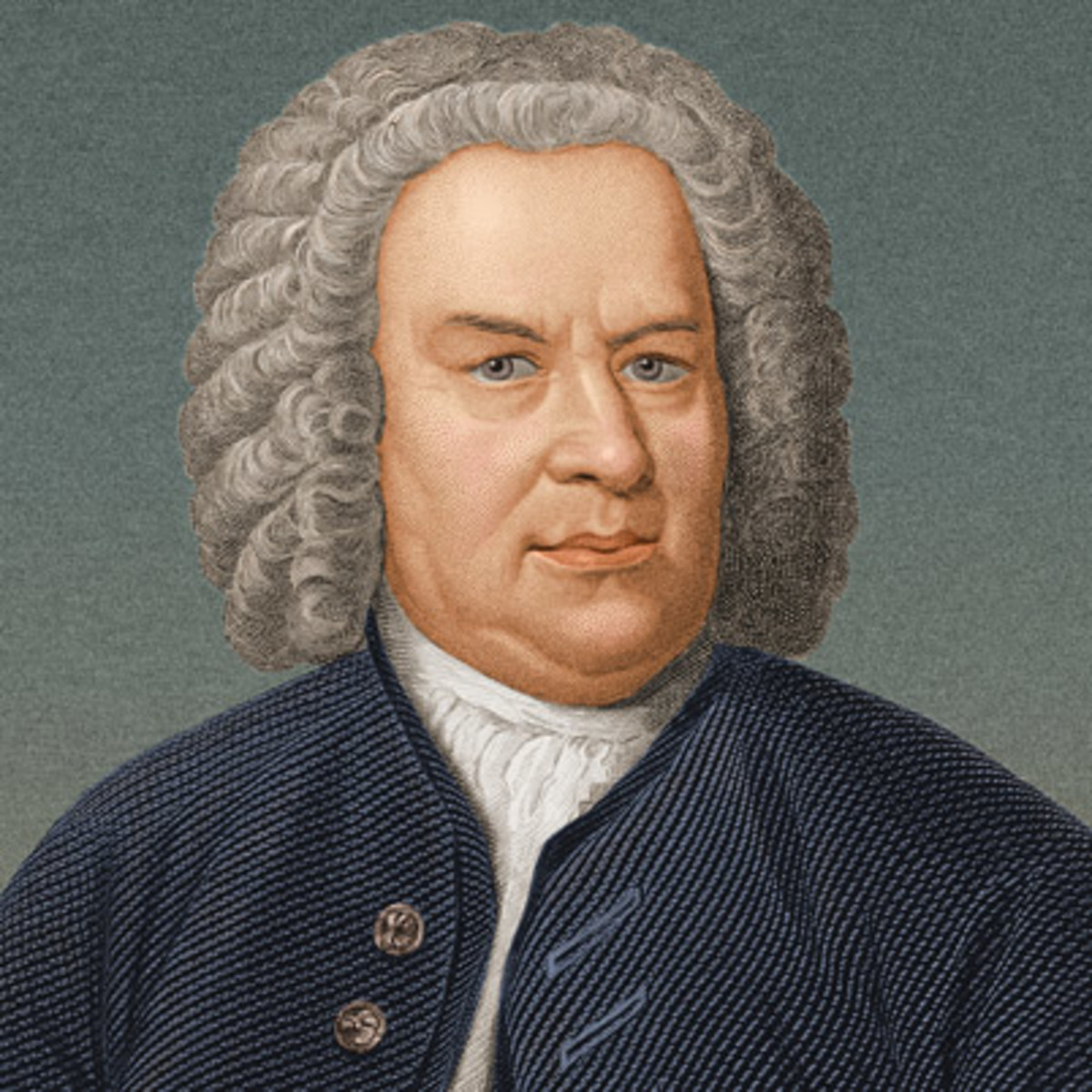
J.S. Bach © biography.com
Maria Barbara Bach was Bach’s first wife (and his second cousin). They were married on 17 October 1707, and they had seven kids.
Catharina Dorothea (1708-1774)
We don’t know a lot about Catharina Dorothea, but we do know she was a singer. In 1730, Bach wrote to a friend, “[My children] are born musicians, and I can already form an ensemble both vocal and instrumental within my family, particularly since my present wife sings a good, clear soprano, and my eldest daughter, too, joins in not badly.” Seems like high praise from Bach, a known perfectionist!
It makes sense that Catharina Dorothea would be a well-trained musician. For many years, all of her surviving siblings were brothers, and she no doubt absorbed the musical instruction offered to boys of the era…and especially to the Bach boys.
Wilhelm Friedemann (1710-1784)
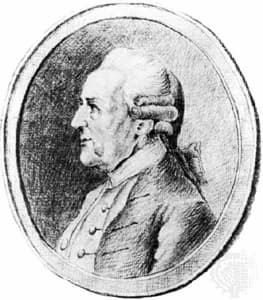
Wilhelm Friedemann Bach, drawing by P. Gulle, 1783
© Berlin State Library
Bach’s eldest son was the inspiration behind Klavierbüchlein für Wilhelm Friedemann Bach, a collection of keyboard music. He studied law and mathematics but ultimately ended up a professional musician and teacher. Despite all of his training, Wilhelm Friedemann never became a wealthy musician, and he died in poverty.
Twins Johann Christoph and Maria Sophia (1713-1713)
Johann Christoph died the same day that he was born, 23 February 1713. Tragically, his twin Maria only survived a little longer, until March 15.
Carl Philipp Emanuel (1714-1788)
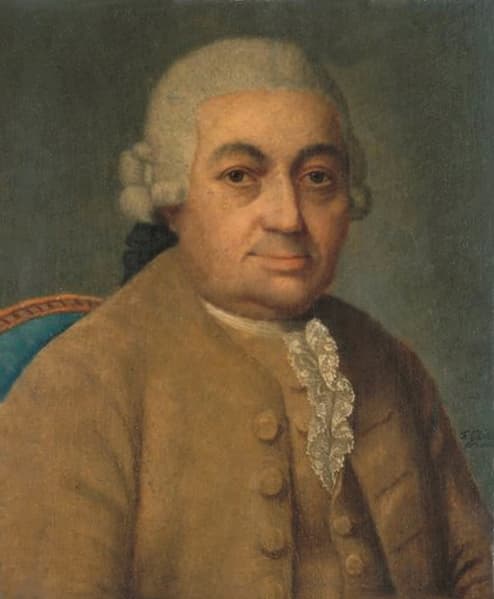
Carl Philipp Emanuel Bach
A little less than a year after Maria Sophia died, Carl Philip Emanuel Bach, later known as C.P.E. Bach, was born. He would prove to be an important link between the Baroque style of music that his father wrote and the next generation’s lighter, more classical approach, as typified by Haydn and Mozart. That said, he was never able to truly escape the giant shadow cast by his father.
Johann Gottfried Bernhard (1715-1739)
If Johann Gottfried Bernhard Bach wrote any music, none of it has survived. He did, however, study and work as an organist. Unfortunately, it seems that he lived beyond his means (Johann Sebastian once referred to him as “misguided”), and he accumulated debts as a young man. He abandoned music to study law, but before he finished his law training, he died suddenly of a high fever at the age of 24.
Leopold Augustus (1718-1719)
Poor Leopold Augustus died when he was just ten months old, in September 1719.
Less than a year after Leopold Augustus’ death, Maria Barbara Bach died, too. According to an obituary cowritten by C.P.E. Bach, she passed away unexpectedly in July of 1720. To make matters worse, Bach was traveling for work at the time, so he had no warning.
Bach no doubt wanted his surviving children to have a mother figure. On 3 December 1721, they got one when he married Anna Magdalena Wilcke, a singer from a musical family. Anna Magdalena was relatively young compared to Johann: she had just turned twenty, and he was thirty-six. In fact, Anna Magdalena was closer in age to her stepchildren than Bach!
It wasn’t long before she became a biological mom of her own. She and her husband ultimately had thirteen children together, on top of raising the surviving kids from Bach’s first marriage.
Christiana Sophia Henrietta (1723-1726)
She died just after her third birthday.
Gottfried Heinrich (1724-1763)
It appears that Gottfried Heinrich Bach had a mental disability of some kind, as he is described in historic records as “feeble-minded.” However, he played the keyboard very well. Later, instead of embarking on a career of his own, he moved in with his younger sister Elisabeth and her husband.
Christian Gottlieb (1725-1728)
He, like his older sister Christiana, died just after his third birthday.
Elisabeth Juliana Friederica (1726-1781)
We don’t know a tremendous amount about Elisabeth, but we know that she married one of her father’s pupils, an organist named Johann Christoph Altnikol. They named their firstborn Johann Sebastian, but he died in infancy. After her husband died, Elisabeth received money to survive from her half-brother, C.P.E. Bach, who helped to support both her and her disabled brother Gottfried.
Ernestus Andreas (1727-1727)
He only lived for two days.
Regina Johanna (1728-1733)
She died a few months before her fifth birthday.
Christiana Benedicta (1730-1730)
She lived for three days.
Christiana Dorothea (1731-1732)
She died at the age of seventeen months.
Johann Christoph Friedrich (1732-1795)
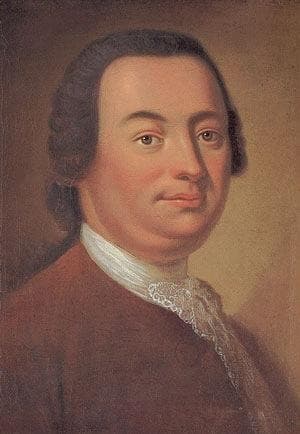
Johann Christoph Friedrich Bach
Johann Christoph Friedrich was born during a stretch of tragedy for the family, as Johann Sebastian and Anna Magdalena lost child after child. Today he’s known as the Bückeburg Bach, after the town in which he worked. He wrote all kinds of music, from symphonies to sonatas. In 1755 he married a singer, and they had a son named Wilhelm who became a professional composer in his own right
Johann August Abraham (1733-1733)
He only survived for a day.
Johann Christian (1735-1782)
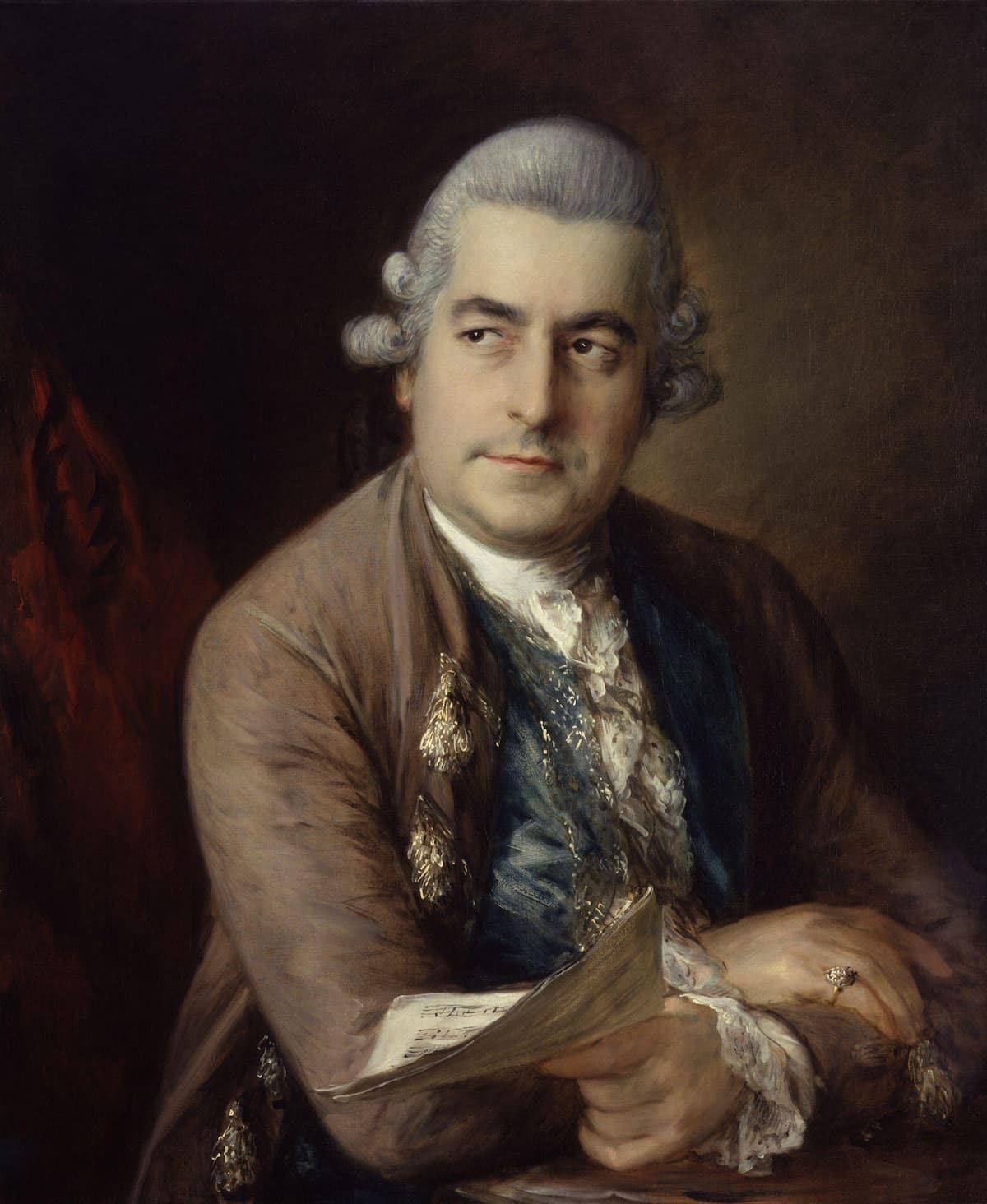
Portrait of Johann Christian Bach in 1776 by Thomas Gainsborough
His dad was fifty years old when Johann Christian Bach was born! He studied with his father for a while, then (perhaps hoping to gain a more modern musical perspective), he studied with his older half-brother C.P.E. Bach, who, given the age difference, probably felt more like an uncle than a brother.
Johann Christian Bach enjoyed a successful career. He lived for many years in Italy and England, and even became Princess Charlotte’s music instructor. (He also converted to Catholicism, which his father, a famously devout Lutheran, probably wouldn’t have been too happy about!) He married a singer and died childless and in poverty. Luckily, Queen Charlotte arranged for a pension for his wife.
Johanna Carolina (1737-1781)
We know very little about the life of Johanna Carolina. We know that she never married, and that she was only twelve when her father died, and twenty-two when her mother died.
And last but not least…
Regina Susanna (1742-1809)
Five years younger than her next-oldest sibling, Regina Susanna was the only Bach child to live into the nineteenth century. By her old age, she was destitute, and in the early 1800s, the editor of the Allgemeine Musikalische Zeitung printed a notice explaining her circumstances and asking for donations to support her. One of the readers believed to have answered the call? A prickly Vienna-based composer named Ludwig van Beethoven.
Tragically, after Bach’s death in 1750, the surviving sons quarreled, and C.P.E. Bach ended up, as best we know, being the only sibling who ever provided any financial assistance to Anna Magdalena in her widowhood. She, like her youngest daughter, died deep in poverty in 1760 and was buried in an unmarked grave.
The Bach family is the most famous extended family in music history. Understanding the joys and sorrows of its members as reflected in its many births and deaths lends depth to our understanding of all the music they left for future generations.